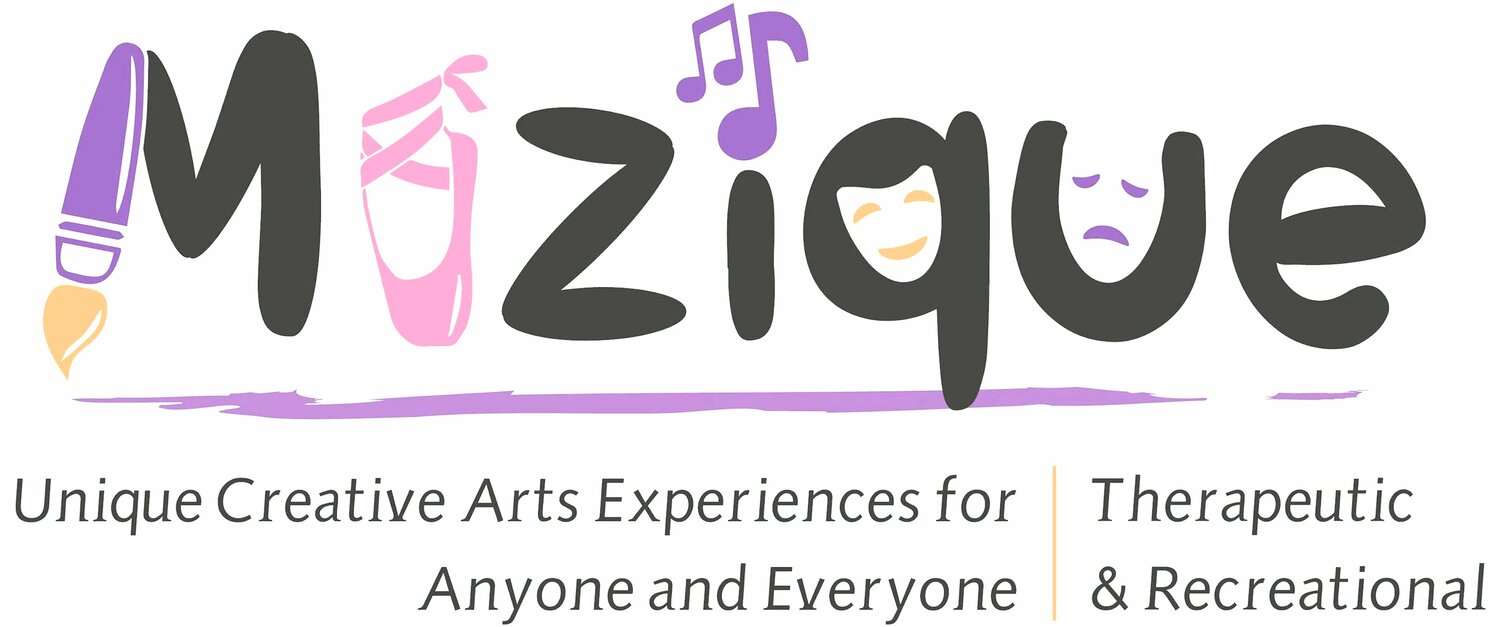Freedom is the key to independence: Most people are confused by this statement. "Wait... isn't that the same thing? Freedom and independence?" The answer to that is simple: NOPE. In order to gain independence, you have to gain freedom. In relation to therapies, no matter what kind, the client can never independently perform a task or an activity if they are never given the freedom to try it by themselves.
When working with a child, often times it's natural to want to immediately help. Whether you're a parent, a one-to-one aide, a teacher, or a therapist, you obviously want that child to succeed. Here's the problem: That child will always succeed with your help, but what about when you're not there? How is that child ever going to be independent if they are never given their freedom?
In my therapy sessions, I often start with the most difficult task. For example, if my ultimate goal with a client is for them to play the drum with both hands independently, I start with just that: I try to put a mallet in each hand and see what happens. You may be surprised! Maybe one hand goes while the other doesn't. Well from there you know that you have to work harder on that other hand independently and then both hands together. But often times, especially with parents and one-to-one aides, those working with a child jump right hand-over-hand work. They assume that the child will work harder when they are successful, no matter how they gained that success. The truth is, children (and even adults) are more likely to do something a second time if they accomplished it themselves, independently. But again the only way to gain that independence is to be given the freedom to try it on their own.
By allowing the child to make mistakes on their own or to try something independently, you are allowing them the opportunity to ask for help, look to their peers, try something new and expand their creative outlets. They can try to problem solve on their own and once you see that they are unable to continue or go any further on their own, add an adaptation. Maybe they might need a better grip on the mallet, so add an adaptive grip to help them! Adaptive grip still not enough? Try to hold their elbows up so they can isolate their forearms. Still no? Hold their forearms. No? Gently provide a space in your hands for their wrists to sit. If they are still unable to play the drum with the mallets in both hands, take away the mallets. Then if all of this doesn't work, go to hand over hand and work on building up strength.
By working from most difficult to least difficult, you can isolate exactly where the child's ability level is and know where to start in order to move forward. If you jump right to hand over hand, you may end up digressing from any progress that has been made in the past. Assume the child can do everything and work backwards from there. Give the child the freedom to explore their independence. Let them ask for help if they think they need it. Let them see what they can do on their own and be proud of even the littlest of successes. This isn't just for therapies, it can be anything. Eating, playing, walking, crawling, speaking. If they struggle at first, they will appreciate the reward of succeeding even more than if you just handed everything to them without having to help or earn it on their own.
Freedom is the key to independence. Do you see any ways that you can change how you work with a child in your life? Let us know in the comments below what you were doing before and how you can give them the key to their independence!
Thanks for checking out our blog! Click here to receive a free list of 25 Action Songs to get your kids moving! You'll also be the first to find out when we publish a blog, release a mini-book, or create a new experience! And follow us on all social media (Facebook, Twitter, Instagram, Pinterest) @muziquearts! If you're interested in checking out what Muzique's Experiences for music, art, dance and drama, click here!










